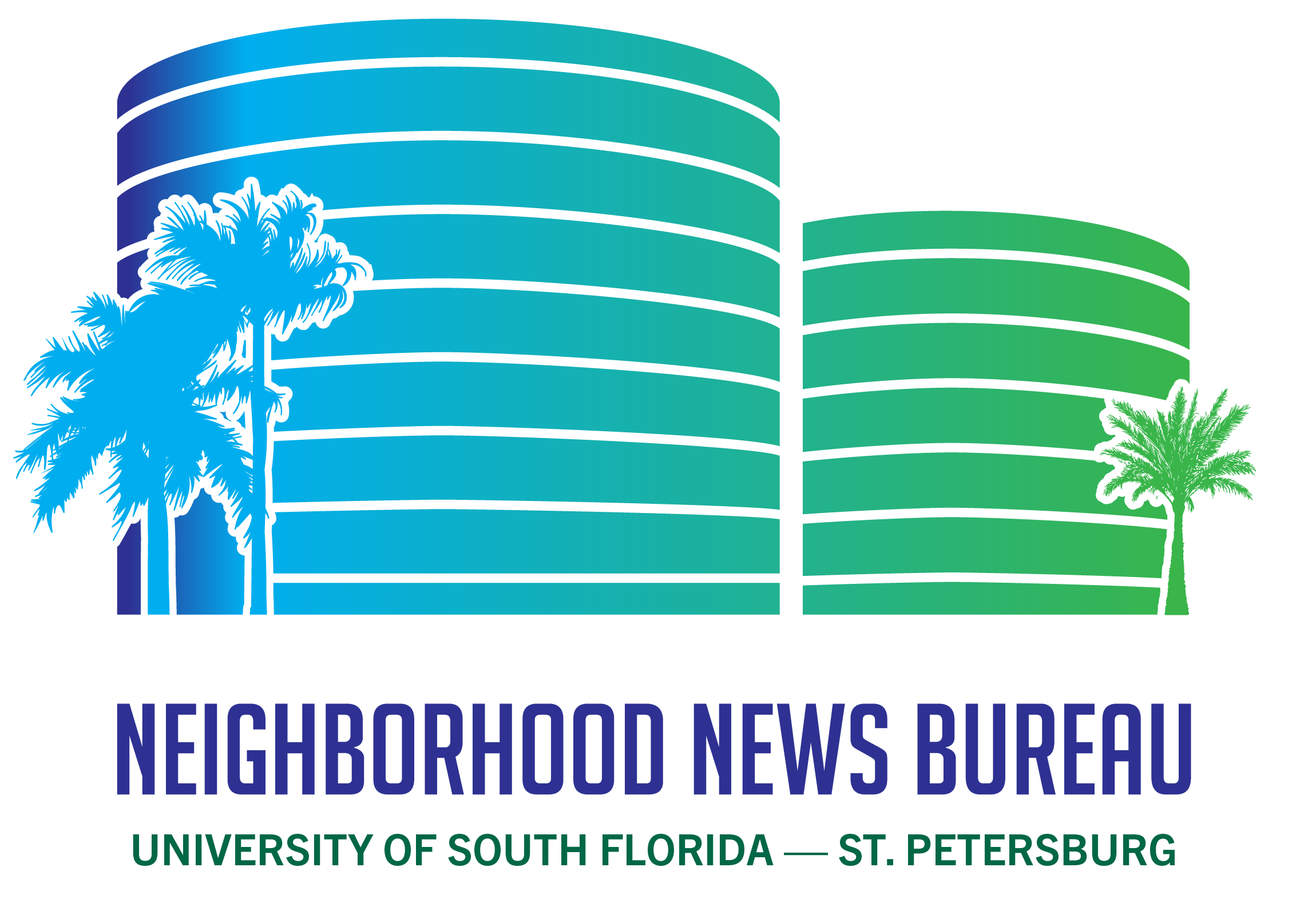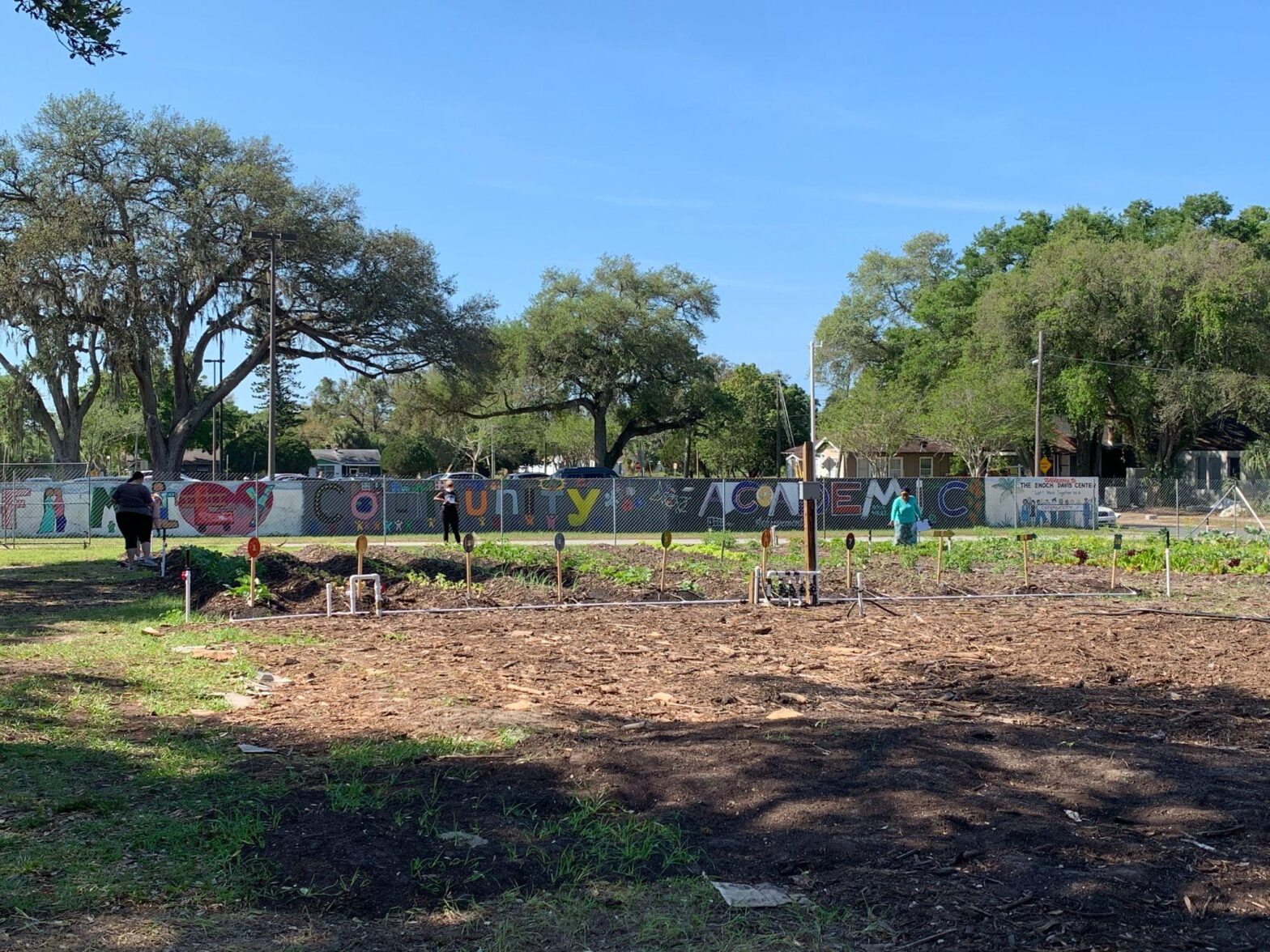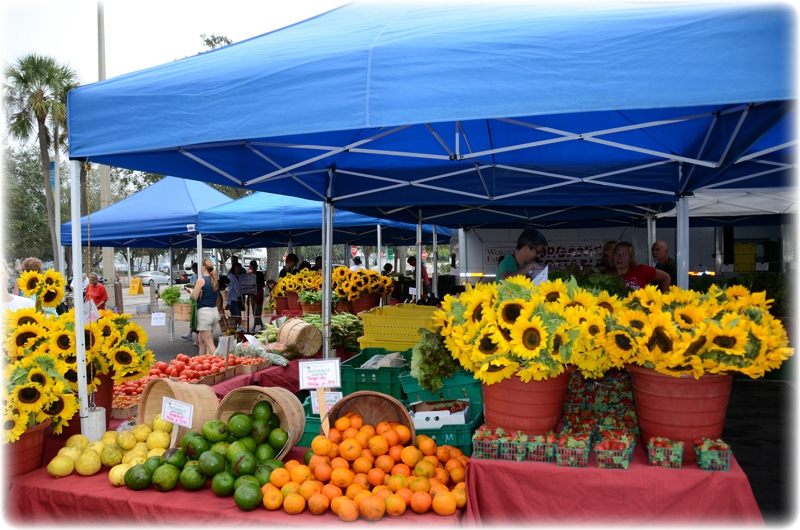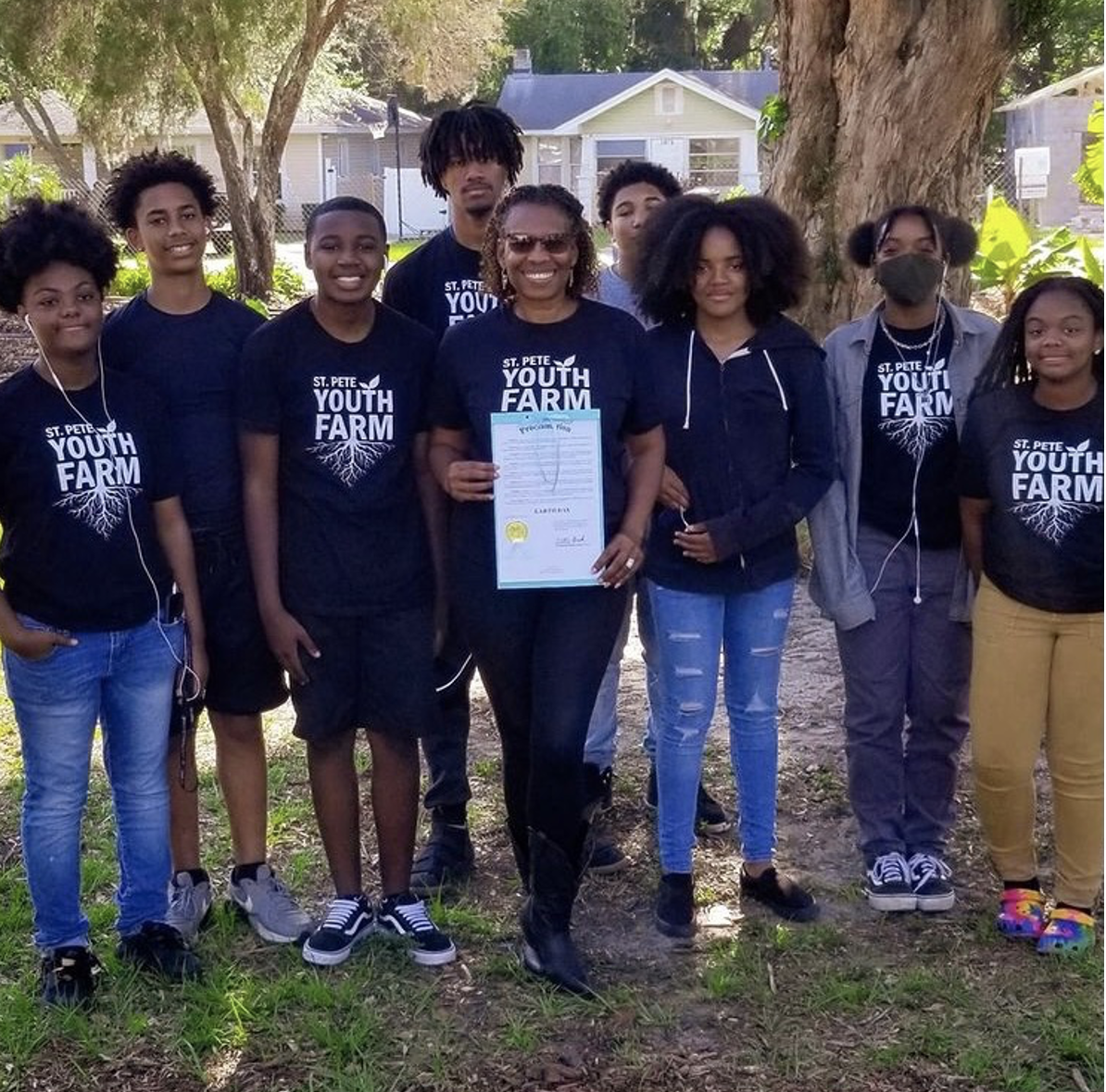Pictured Above: The Publix 2021 Collard Green Festival, featuring James Beard Award-winning chef and native son Edouardo Jordan (right), is happening this Saturday on the
Read MoreTag: USF ST. PETERSBURG
A donut challenge in Gulfport aims to enforce masks
By Samantha Harris As the pandemic is still ongoing, local Gulfport business Golden Dinosaurs Vegan Deli (GDVD) took the chance to get creative with enforcing
Read MoreHow the YMCA has maintained childcare safety during the pandemic
By Madison Hursh In the midst of a global pandemic, children have been affected immensely in their daily life. Schools have shut down, sports were
Read MoreAlternative Baseball Organization expands to Tampa Bay and beyond
Pictured above: ABO’s last national game was held in 2019, played against a team of former MLB players. Courtesy of Taylor Duncan By Baron Reichenbach
Read MoreMt. Zion Progressive Missionary Baptist Church believes in serving through community outreach
Pictured Above: Members and volunteers at Mount Zion Progressive Missionary preparing grocery items for community members. (USF/Malique Ferrette) By Malique Ferrette With so many people
Read MoreLocal Church in St. Pete focuses on the value of personal relationships
By Hannah Simpson In the last decade, mega churches across the nation have been booming and becoming a staple of modern day Christianity. Churches with
Read MoreMidtown St. Petersburg has a nutrition deficit
Pictured Above: St. Pete Youth Farm hosted the Women’s Appreciation event on March 27. (USF/Catherine Burke) By Catherine Burke There is a clear discrepancy between
Read MoreA retired teacher and former students reminisce about Douglas L. Jamerson Jr. Elementary
By Rebecca Bryan Elementary school years define a child’s life. The experiences during these stages help develop children’s personality traits, how they interact with others,
Read MoreSt. Petersburg Saturday Morning Market provides fresh produce to locals
Pictured Above: The market participates in the Supplemental Nutrition Assistance Program (SNAP) Incentives. Courtesy of Downtown St. Pete By Olivia Sawdy Located at the heart
Read MoreSt. Pete Youth Farm celebrates Earth Day
Pictured Above: Carla Bristol and members of the Youth Farm pictured with the Proclamation. Courtesy of the St. Pete Youth Farm on Instagram By Andrew
Read More






